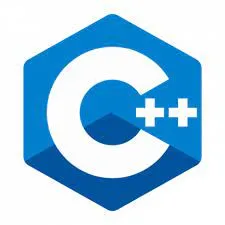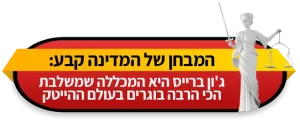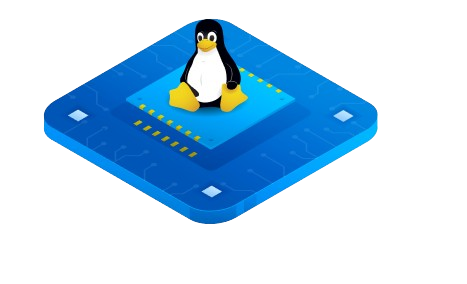Join our hands-on, interactive Weather Station Maker Club, where creativity meets technology! Over the club, you’ll dive into the exciting world of electronics, microcontrollers, IoT, PCB design, soldering, and 3D printing. Whether you’re a beginner or an experienced maker, this club is designed to guide you through every step of creating your own fully functional weather station.
Join our hands-on, interactive Weather Station Maker Club, where creativity meets technology! Over the club, you’ll dive into the exciting world of electronics, microcontrollers, IoT, PCB design, soldering, and 3D printing. Whether you’re a beginner or an experienced maker, this club is designed to guide you through every step of creating your own fully functional weather station.
Description
What You’ll Learn:
Why This Course?
Instructor: Bar Rodoy
Bar Rodoy is an experienced and highly motivated maker, with a background in practical engineering and a wealth of experience in complex military systems. Bar brings a unique blend of theoretical knowledge and hands-on expertise to the table. Bar Rodoy is on the path to becoming a computer scientist, with a deep passion for the embedded and software-hardware interface fields.
Bar’s expertise is showcased through various personal and academic projects, including the creation of a weather station that measures wind speed, temperature, humidity, and pressure using an ESP32 microcontroller, where he interfaced analog and digital sensors, processed data, and uploaded it to the cloud, demonstrating his strong proficiency in C/C++ and microcontroller programming. With experience as a System Integrator at Rafael, Bar has been involved in setting up and testing intricate systems, gaining a deep understanding of hardware, software, and interface levels, and providing technical support to international clients to ensure smooth integration and operation of advanced systems.
In the EmbeddedMaker Club – Weather Station, Bar will guide you through every step of building your own weather station, sharing valuable insights from his hands-on experience in both professional and personal projects. His comprehensive knowledge and practical approach will ensure you gain the skills needed to succeed in this exciting and rewarding field.
Month 1: Introduction to Basic Electronics & Arduino/ESP32
Week 1: Introduction to Electronics
Week 2: Arduino/ESP32 Overview
Week 3: Digital Inputs and Outputs
Week 4: Project Work
Month 2: Advanced Microcontroller Programming & ThingSpeak Integration
Week 5: Analog Inputs and Sensors
Week 6: Introduction to Wi-Fi and IoT
Week 7: Introduction to ThingSpeak
Week 8: Project Work
Month 3: PCB Design and Soldering
Week 9: Introduction to PCB Design
Week 10: Advanced PCB Design
Week 11: Soldering Basics
Week 12: Project Work
Month 4: 3D Printing and Enclosure Design
Week 13: Introduction to 3D Printing
Week 14: Enclosure Design for the Weather Station
Week 15: 3D Printing the Enclosure
Week 16: Project Work
Month 5: Final Projects and Presentations
Week 17: Project Customization
Week 18: Advanced Data Visualization with ThingSpeak
Week 19: Final Project Preparation
Week 20: Project Presentations and Wrap-up
The course includes
What will you learn
₪ 0.00
Available on backorder
Share
More Courses who might intrest you...





This course provides embedded systems developers, making their first steps with Linux as an embedded system platform, with the skills required for being a productive programmer in that environment. The curriculum includes building applications and device drivers with real time constraints, understanding the inner working of the Linux system and its effects the system behavior.
The course is suitable for people planning to develop for embedded Linux platforms from any source, including “home made” Linux distributions or embedded Linux system vendors
